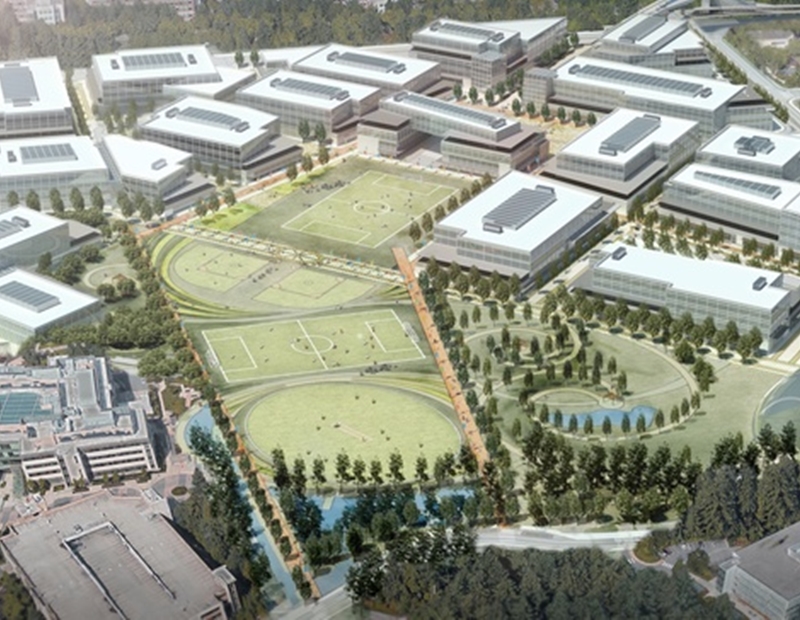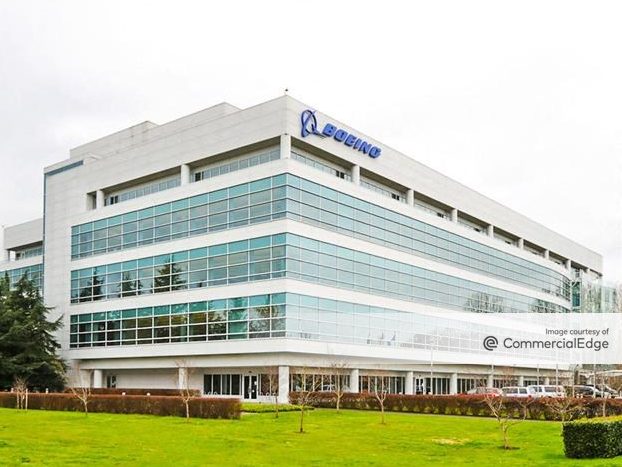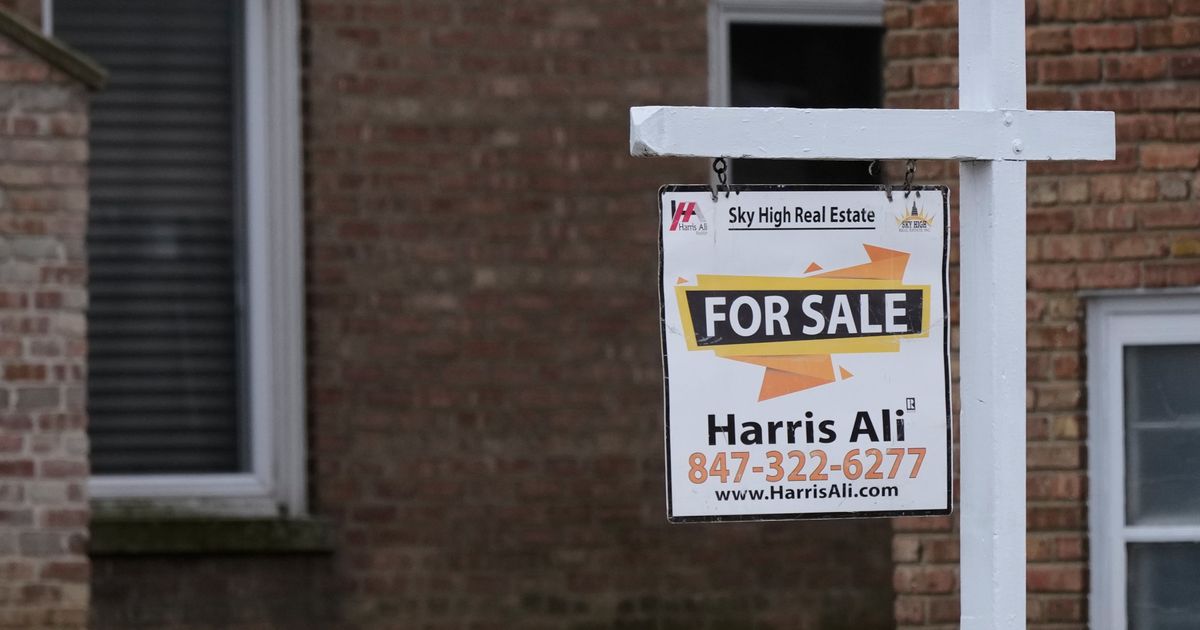Image by Deejpilot/iStockphoto.com
Markets with a large tech presence, such as Seattle, have been increasingly impacted by the changing work scenarios of the past years. The tech industry’s confidence in office space has started to wane as hybrid work increasingly takes over.
As of April, Seattle’s office market had nearly 6.9 million square feet under construction, representing 5 percent of total stock. The pipeline has grown since April 2022, when the 5.8 million square feet underway made up for 4 percent of total office stock.
Adding planned projects to the pipeline, Seattle’s relative to total stock figure in April ballooned to 13 percent, on par with San Francisco and outperformed only by high-growth Sun Belt cities, such as Austin (24.7 percent), Nashville (13.6 percent) and Charlotte (13.2 percent). On a national level, the under-construction pipeline relative to total inventory reached 1.8 percent that month, while plus planned stock amounting to 5.6 percent of total stock.
Seattle’s tech hub shakes up office fundamentals

Microsoft Redmond Main Campus – Redevelopment. Rendering courtesy of Microsoft
Recent tech pullbacks have impacted the Emerald City’s office market. Back in March, Microsoft announced its withdrawal from the RedWest North campus expansion in Redmond, Wash. The tech giant filed a proposal in 2021 comprising the development of four new buildings totaling more than 1.1 million square feet, along with an underground parking structure. The company has also delayed parts of its $5 million redevelopment on the Redwest East campus. Furthermore, Microsoft will reportedly decline several office lease renewals in Bellevue and Issaquah, Wash., through 2025.
Phase 1 of Amazon’s Bellevue 600 project—the largest office building under construction in the metro—broke ground in 2021 and is expected to be completed in 2024. Set to rise 43 stories tall, the downtown Bellevue structure will be the tallest building in the city, alongside 555 Tower which Amazon leased back in 2020. Vulcan Real Estate broke ground on the 42-story 555 Tower that same year and is slated for completion in 2023.
Also in March, LPC West and investment partner Intercontinental Real Estate Corp. broke ground on a 266,000-square-foot office building within the U District submarket. The University of Washington will anchor the 12-story tower.
The life sciences sector is still highly sought-after, following its accelerated boom during the pandemic. In January, Downtown Design Review Board of Seattle approved the preliminary design of a two-tower, 616,000-square-foot lab and office development. BioMed Realty is behind the 1.6-acre project, with architectural design by Perkins & Will.
Rapidly rising office vacancy
Year-over-year through April, Seattle’s vacancy rose by 3.3 percent, to reach 19.0 percent—marking one of the largest spikes across all U.S. markets. Only Portland (3.5 percent) and Austin (5.9 percent) registering higher vacancy increases on a year-over-year basis. The national rate hit 16.7 percent in April, up 1 percent since the same period last year.
Across gateway cities, office vacancy was highest in San Francisco (19.4 percent), tailed by Seattle, and lowest in Boston (10.1 percent) and Miami (12.1 percent).

Boeing Longacres. Image courtesy of CommercialEdge
Alaska Airlines expanded and extended its office lease at Unico Properties LLC’s Longacres Campus in Renton, Wash. The airline company signed up for an additional 20 years at the property, expanding its footprint from 38,000 square feet to 107,000 square feet. Unico acquired the Boeing Commercial Airplane HQ facility at Longacres from The Boeing Company in 2021 for $80 million.
Sales volume follows national trend
Year-to-date through April, office sales in the Emerald City amounted to $54.7 million, at an average price of $287.6 per square foot—higher than the national average of $196 per square foot. Among gateway cities, Seattle had the smallest sales volume in the first four months of the year, while prices were close to those in Miami (261 per square foot), Los Angeles ($251 per square foot). Manhattan ($699 per square foot) and Boston were the priciest office markets ($518 per square foot).
At the same point in 2022, office deals in Seattle totaled $1.3 billion, while the average sale price reached $538 per square foot. Year-to-date through April, the largest office sale in the metro was the trade of Gateway One, a nearly 112,000-square-foot property in downtown Bellevue. Lionstone Investments and Talon Private Capital sold the asset for $34.5 million, pocketing 3 million less than they paid for back in 2007. Felton Properties Inc. was the buyer.
Coworking represents a significant portion of office space across all significant markets, especially in gateway cities, which led the list of markets with most coworking locations, as per CommercialEdge data. In April, Seattle had roughly 2.5 million square feet of share space, representing 1.7 percent of total rentable office space. Regus and WeWork had considerable footprints within the metro.
















